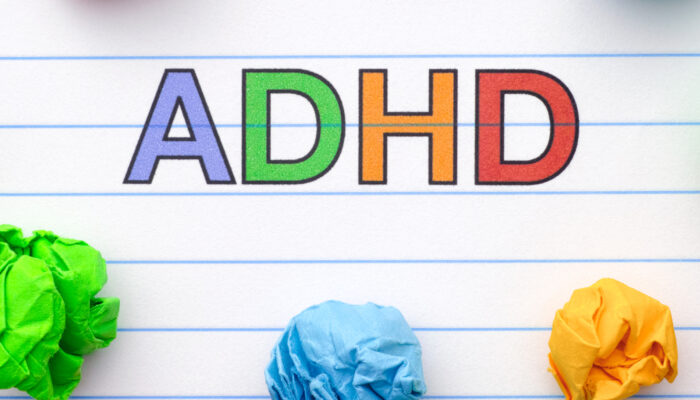
3 Eating Disorders Linked to Schizophrenia
Are you wondering whether eating disorders are linked to schizophrenia? Schizophrenia is a mental disability that undermines a person from thinking, feeling, and behaving with clarity. When this happens, it leads to disturbances in their eating patterns as well. A person with schizophrenia either gorges on food all the time or might abstain from it completely. Also, when schizophrenia patients choose to eat, their selections veer toward unhealthy foods. However, eating disorders can exist with or without the symptoms of schizophrenia. Here are a few eating disorders linked to schizophrenia:
Anorexia nervosa
A false idea about being overweight and the fear of being heavy or obese is a classic characteristic trait of anorexia. Anorexia patients equate thinness to self-worth, and they go to extreme lengths to “stay in shape.” The fear of weight gain makes anorexic people starve, prevents them from eating adequately, makes them vomit all the food they eat, and forces them to exercise mindlessly or exploit the use of laxatives and enemas to remain at a particular weight. Anorexia is more an unhealthy manner of dealing with emotional issues. Schizophrenia patients also refrain from eating because of their distorted idea of body image. For them, the inability to perceive reality correctly and misguided thoughts about being too fat and wanting to reduce weight make them starve.
Bulimia nervosa
People diagnosed with bulimia nervosa have no control over their eating patterns and binge on food. However, upon realizing that they have overeaten, they tend to expel all the food forcefully in an unhealthy manner. Extreme preoccupation with body weight and harsh self-criticism regarding it can cause mental stress and result in bulimia nervosa. Patients have strange behaviors connected with food and might avoid eating in public, hoard food to eat later, chew food excessively, and reject foods cooked by others. They might also try to compensate for the food they eat because not gaining weight is their most important goal. They strain and use inappropriate methods to purge the food they have eaten several times a day after their binge-eating sessions. This eating disorder is linked to schizophrenia, as during phases of depression, schizophrenia patients overeat without being aware of what and how much they are eating. Research studies conducted around the world find strong relations between the consumption of deep-fried, sugary, and heavily processed junk foods and depressive symptoms. Poor nutrition can lead to obesity and other chronic illnesses. When schizophrenia patients realize the excessive eating pattern they have fallen into, they might enter a period of rejecting food follows, following an erroneous cycle with food.
Binge Eating Disorder (BED)
Another eating disorder linked to schizophrenia, this occurs when people are emotionally stressed or try to wind down from stressful situations by binge-eating. Even when they do not feel hungry, people experiencing BED eat food until they are uncomfortably full. Feelings of guilt, disgust, embarrassment, and shame accompany these binge-eating sessions. Low self-control, chemical changes/disturbances in the brain, dissatisfaction about their body, post-traumatic stress disorder, substance abuse, depression, anxiety, and obesity can lead to this condition.



